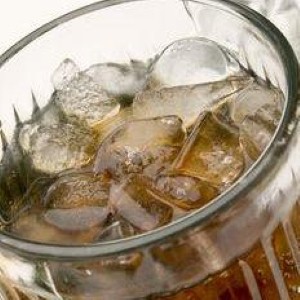Adults routinely drink coffee and other caffeinated products to get them going in the morning or to give them an energy boost anytime. A recent study funded by the National Institutes of Health has found that many kids are habitual caffeine drinkers as well with many 12 to 17 year olds reporting they get their caffeine fix from both sodas and coffee.
Experts say fathers should limit how much caffeine their children drink or eat since it’s known to be addictive and stimulates the central nervous system. In addition to giving an energy boost, caffeine can cause a variety of other unpleasant side effects including jitteriness and nervousness, upset stomach, headaches, difficulty concentrating and sleeping and increases in blood pressure and heart rate, according to kidshealth.org.
While there aren’t any guidelines for how much caffeine is appropriate for kids to consume in the U.S., guidelines in Canada suggest preschoolers get no more than 45 milligrams each day. That’s equal to about a 12-ounce can of soda or about 6 ounces of milk chocolate.
The best parenting advice to cut caffeine from your kids’ diets is to eliminate soda. Fathers should opt instead for milk, water, 100 percent juice and flavored seltzers for their kids. Switching to decaffeinated sodas, teas and coffees can work as well. Remember that moderation is key when it comes to everything, including other products that contain caffeine, like chocolate.
If you suspect your child is already addicted to caffeine, experts suggest eliminating it from their diets slowly to avoid withdrawal symptoms like headaches, sluggishness or even depression.
